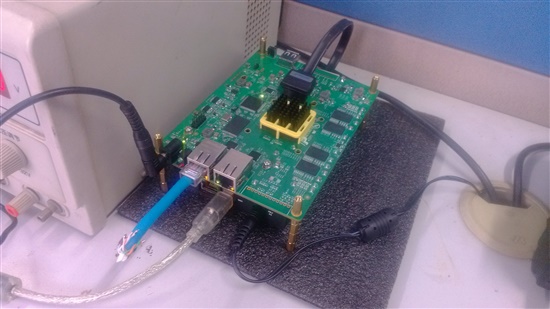Test Case:
CPSW control register loopback bit set to 1.
Nettx and NetRx prints enabled in uboot for raw data printing.
only transmitter loop data is printing and receiver data not.
CPSW Control loopback bit is sufficient for MAC level loopback test
or any other bits i have to change.
Please reply as soon as possible.
-
Ask a related question
What is a related question?A related question is a question created from another question. When the related question is created, it will be automatically linked to the original question.



